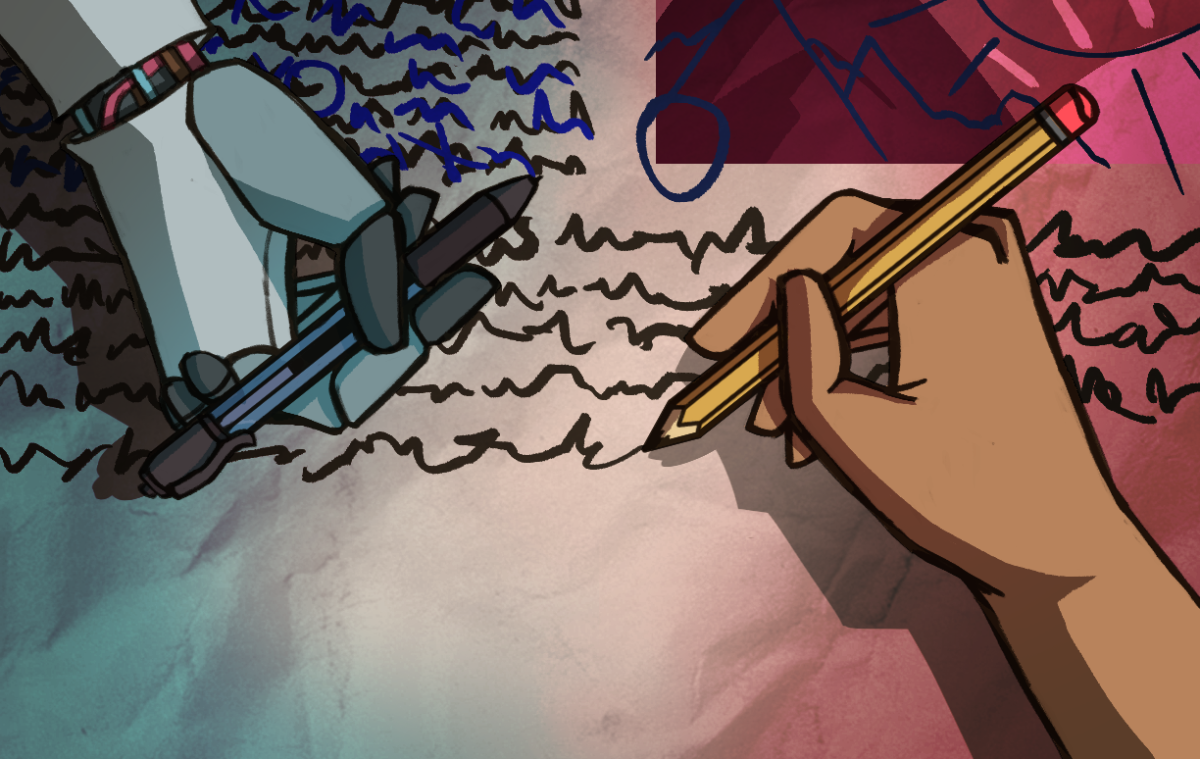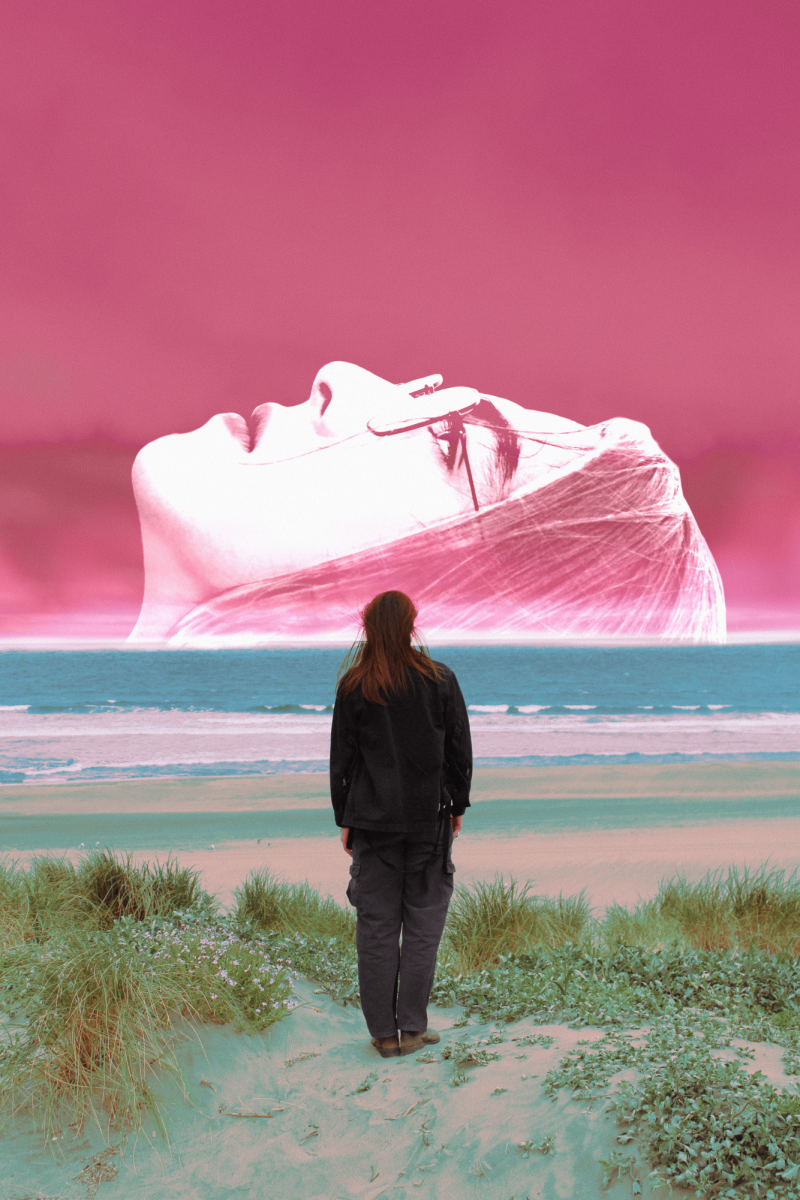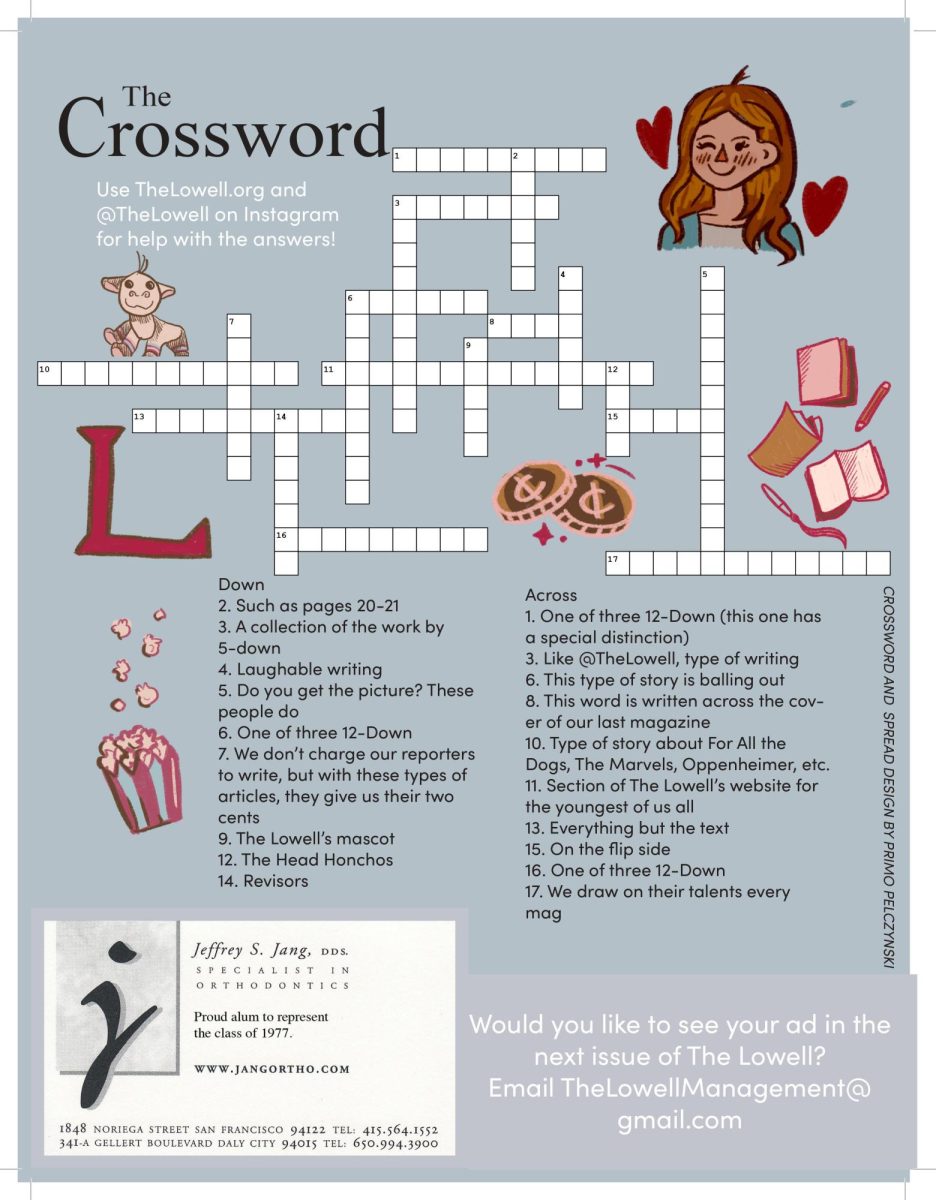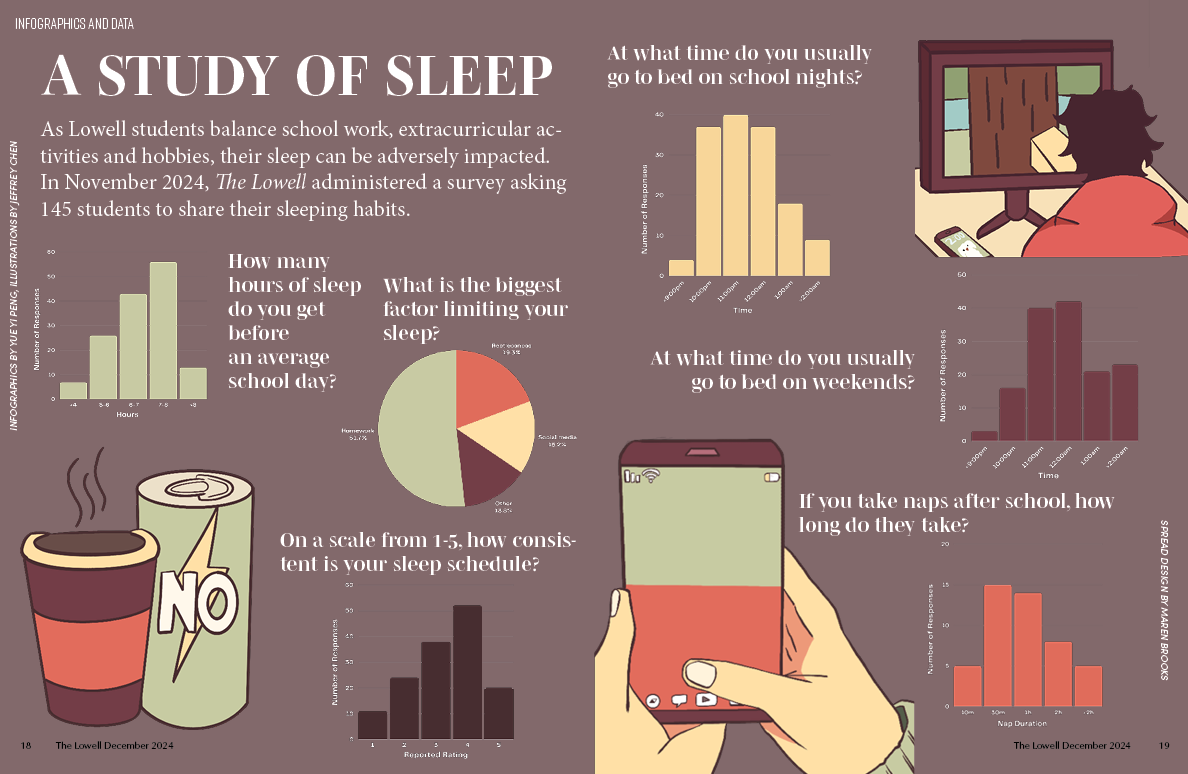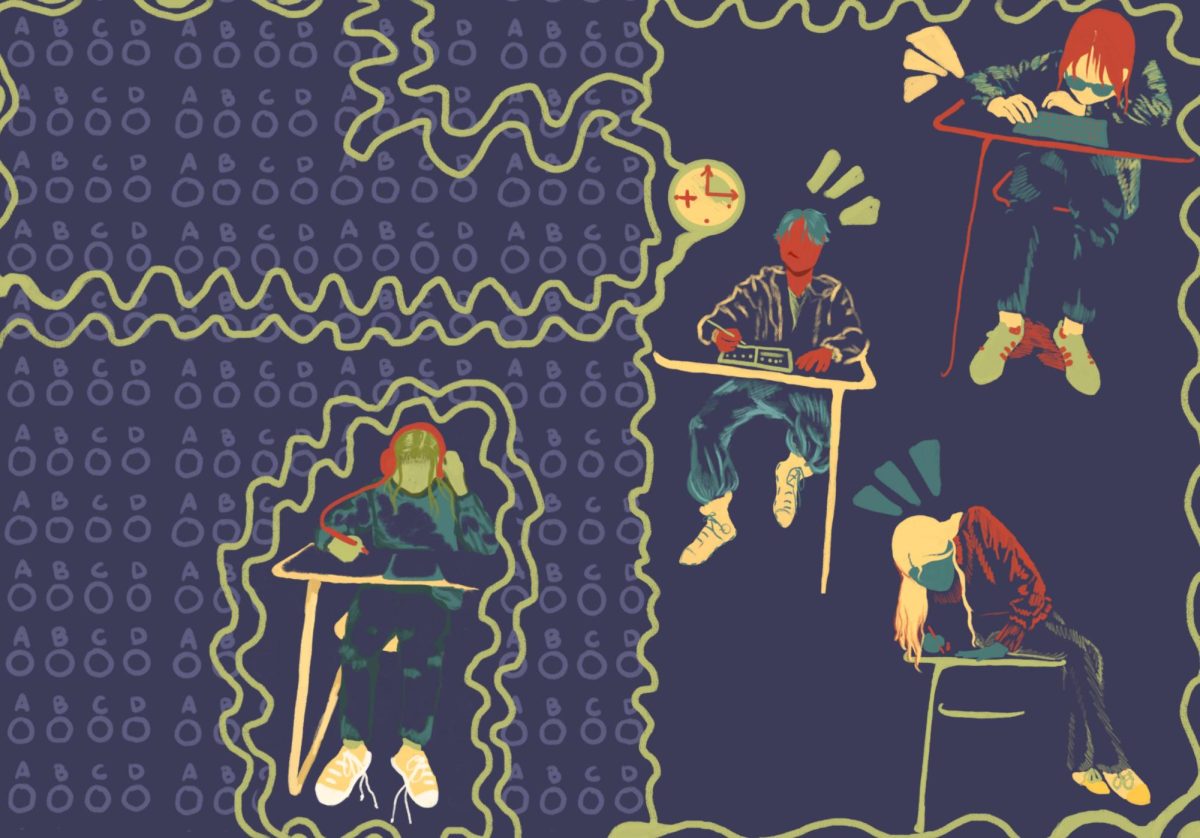“Who is the monster?” is an ongoing question that viewers ask when watching Hirokazu Kore-eda’s 2023 film Monster, which won Best Screenplay at the 2023 Cannes Film Festival. Due to the film’s title, you’re misled into trying to read between the lines and find who the monster of the film is, which, as a result, proves the whole film’s point of only being able to act off of what you know at that moment. Monster is a film that shows the same series of events three times in a row but through three different points of view: Minato, Minato’s mom, and Minato’s teacher, Mr. Hori. Because the film repeats the same events, one may think that the film is bound to be boring. However, because of the different points of view, the film’s depth is revealed with each repeat.
In the first point of view, Minato’s mom notices Minato’s odd behavior, concluding that Mr. Hori is abusive toward her son at school. From Minato’s mom’s point of view, Mr. Hori is the monster. However, in the next point of view, you can see how Mr. Hori thinks Minato is the monster because of the tantrums he throws in class. This continual recontextualization of knowledge leaves the viewer not knowing who to root for.
The audience sees that decisions based on these differing points of views can have catastrophic consequences. For example, in the first point of view, Minato’s mom reports Mr. Hori, leading to him being fired without investigation. As a result, the media interrogates him, destroying his perfect reputation. Through Mr. Hori and Minato’s points of view later on, we see that Minato’s tantrums were to defend his friend Yori, who couldn’t stand up to his dad at home. Minato’s mom and Mr. Hori failed to realize this cry for help until the end.
Monster emphasizes the importance of one’s points of view. Kore-eda shows how easy it is to jump to a false conclusion and how a lack of perspective can lead to terrible outcomes. This film ultimately makes the audience change their original question of “Who is the monster?” to “What makes someone a monster?”




